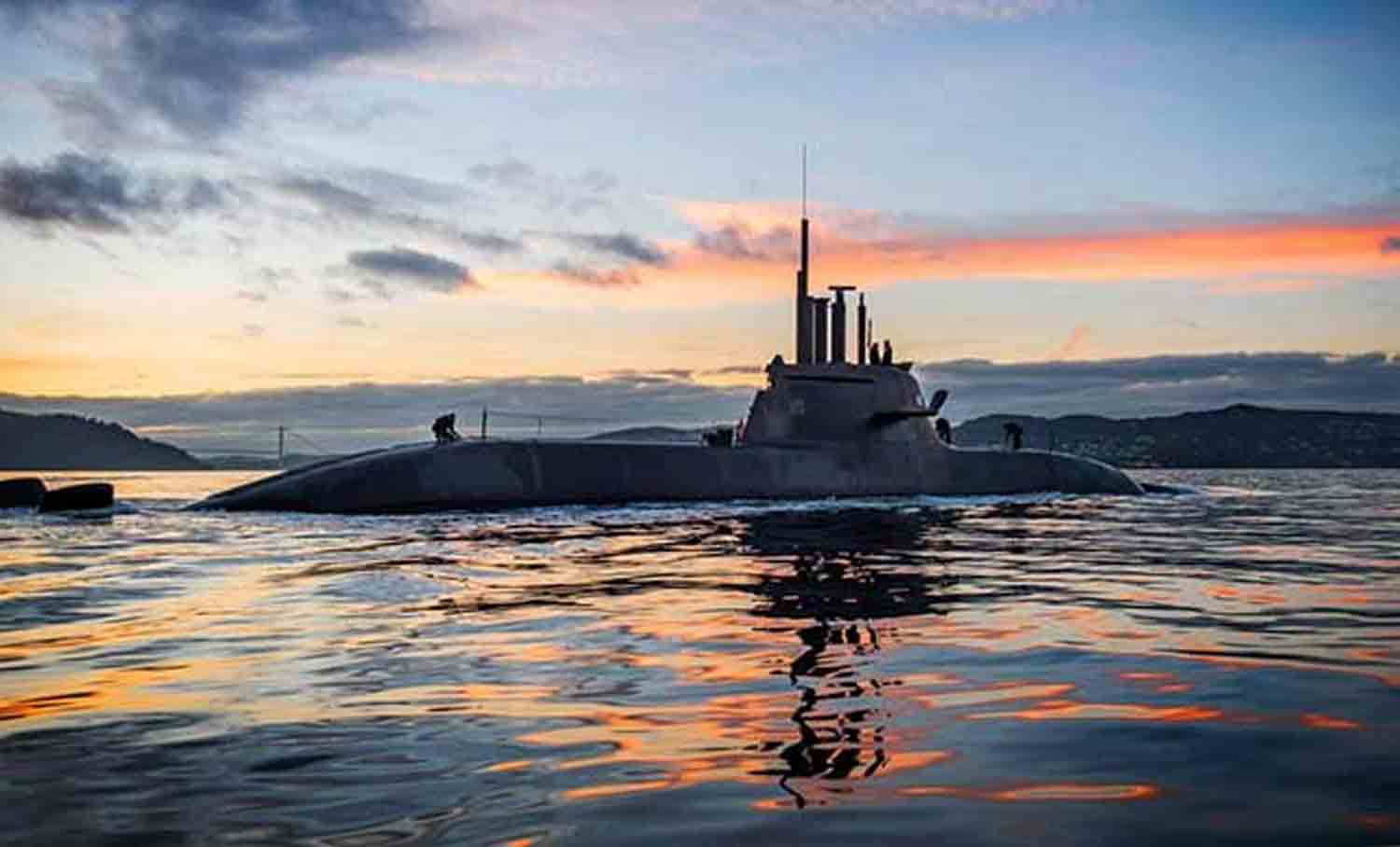North Korean ballistic missiles launched at Ukraine by Russian forces since late December have demonstrated significantly greater accuracy compared to previous launches over the past year, according to two senior Ukrainian officials who spoke to Reuters.
As Moscow strengthens its relationship with Pyongyang, raising concerns in Washington and Seoul, the enhanced precision—within 50-100 meters of their targets—indicates that North Korea is effectively utilizing the conflict to advance its missile technology, the officials noted.
One military source, who requested anonymity due to the sensitive nature of the information, highlighted a notable improvement in the accuracy of the more than 20 North Korean ballistic missiles that have struck Ukraine in recent weeks. A second source, a senior government official with knowledge of the situation, corroborated these observations when approached by Reuters.
Yang Uk, a weapons analyst at the Asan Institute for Policy Studies in Seoul, expressed concern that these advancements in North Korean missile capabilities could pose significant threats to South Korea, Japan, and the United States, as well as potentially enable the sale of enhanced weaponry to unstable nations or militant groups.
“This could greatly affect stability both regionally and globally,” he remarked in response to inquiries regarding this issue. North Korea’s military programs have seen rapid development in recent years, including short- and intermediate-range missiles that the regime claims can be equipped with nuclear warheads. However, prior to its involvement in Ukraine, the reclusive nation had not tested these new weapons in a combat scenario.
Ukraine’s defense ministry did not provide any comments in response to inquiries. Typically, Ukraine refrains from revealing the results of Russian missile and drone attacks on military installations.
Similarly, the defense ministries of Russia and South Korea, along with South Korea’s National Intelligence Service, did not reply to questions posed by Reuters. The North Korean embassy in London did not respond to phone calls or voicemails seeking comments, nor did the country’s mission at the United Nations address the inquiries. Although North Korea and Russia have denied any arms transactions, their leaders committed to enhancing military collaboration during their meeting in September in Russia’s far east.
The Pentagon and the U.S. Office of the Director of National Intelligence also chose not to comment.
SUDDEN IMPROVMENT
Military analyst Yang noted that his security contacts in Ukraine have reported improvements in the latest North Korean missile batches. “As they produce missiles and receive feedback from their clients – the Russian military – they gain more experience in creating more reliable missiles,” he stated.
Both Yang and other sources indicated that the specific modifications made by North Korea remain unclear. A military source mentioned that forensic analysis of debris had not revealed any design changes in the missiles, although there was minimal debris available for examination.
Two potential reasons for the improved missile performance could be the integration of advanced navigation systems or the addition of a steering mechanism to enhance maneuverability, according to the source. Yang noted that other elements contributing to increased accuracy might include enhanced targeting data for operators, new guidance system components supplied by Russia, and advancements derived from the data and experiences accumulated by North Korean scientists during the conflict.
Initially, the missiles had an accuracy range of 1 to 3 kilometers, but recent assessments indicate that their precision has improved to between 50 and 100 meters, as revealed by a military source in an interview in Kyiv on January 27, marking the first public disclosure of this evaluation.
The source refrained from revealing specific targets, launch locations, or the dates of the missile strikes, citing the need for military confidentiality. According to the source, Russia commenced the deployment of North Korean K-23, K-23A, and K-24 short-range ballistic missiles against Ukraine in late 2023, with approximately 100 missiles launched since then. Kyiv has also reported that Russia has received millions of artillery shells and thousands of troops from North Korea to bolster its military efforts.
In November, Reuters reported that North Korea is expanding its facility for the production of K-23 missiles. In February 2024, Ukraine’s chief prosecutor expressed skepticism regarding the effectiveness of North Korea’s lesser-known weaponry, stating that only two out of 24 missiles launched up to that point had demonstrated “relatively accurate” performance.
The source indicated that the sudden improvement in the precision of weaponry followed several months of erratic launches. This new evaluation was derived from the locations where the missiles, confirmed to be North Korean through analysis of the explosion sites, landed in relation to the intended target nearby, according to the source. Reuters has not been able to independently confirm this assessment.
LARGER PAYLOAD
While North Korean ballistic missiles represent only a minor fraction of Russia’s missile attacks, they possess a significant warhead capacity of up to one tonne and can reach distances of up to 800 km, as stated by the military source. In contrast, the Iskander-M, a comparable Russian missile, has a smaller payload and a reduced range of 500 km.
Since 2023, the relationship between Moscow and Pyongyang has strengthened significantly, particularly following a visit by Russia’s former defense minister to North Korea. The two nations formalized their alliance with a treaty on “Comprehensive Strategic Partnership” last year. During a visit to Seoul in November, then-U.S. Secretary of State Antony Blinken cautioned that North Korea’s growing relationship with Moscow posed a risk to global non-proliferation efforts.
In November, South Korea’s national security adviser, Shin Won-sik, noted that Russia had supplied North Korea with anti-aircraft missiles and air defense systems in exchange for military personnel and weaponry. Additionally, South Korea’s intelligence agency reported that Moscow might be aiding North Korea with missile components, financial assistance, and space technology. “North Korea is receiving something,” Yang remarked.
Discover more from Defence Talks | Defense News Hub, Military Updates, Security Insights
Subscribe to get the latest posts sent to your email.





